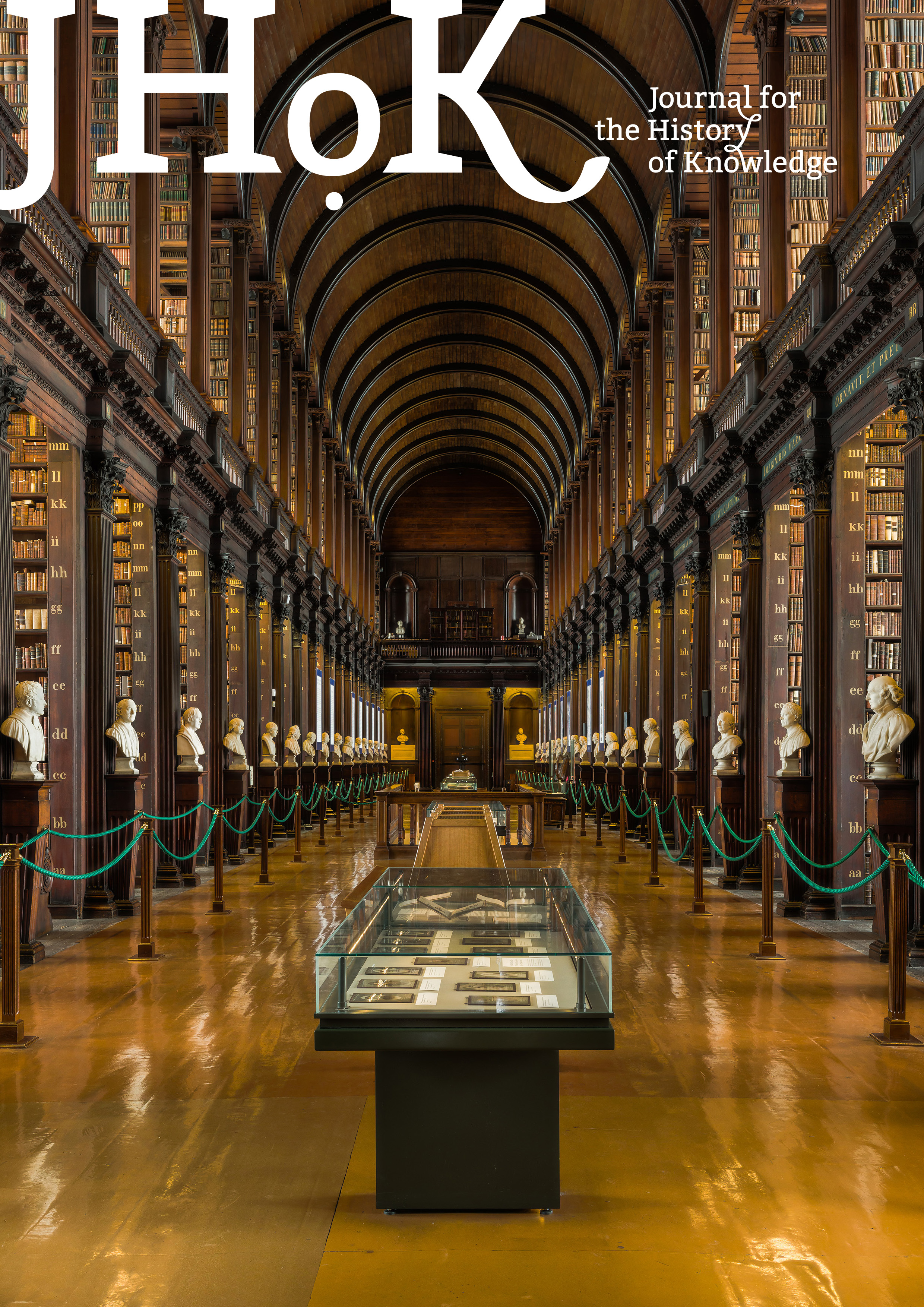The Bureaucratic Sense of the Forthcoming in Seventeenth-Century Istanbul
DOI:
https://doi.org/10.5334/jhk.22Keywords:
bureaucracy, astronomy, taxation, ottoman empire, seventeenth centuryAbstract
In this article, I try to answer how the study of bureaucracy may contribute to the history of knowledge. In the broadest terms, the story goes like this: The Ottoman treasury had a difficult time collecting taxes in the seventeenth century. The administrators needed to have a sense of who to tax and how much to tax. To produce the necessary knowledge quickly, they had to rely on a small bureaucracy. And they had to do this without the help of a robust educational system. All of these issues implicated the relationship between knowledge and time. This article provides a preliminary investigation of bureaucratic numeracy with special emphasis on seventeenth-century Ottoman almanacs, or ruznames. I hope to give the reader an integrated understanding of what we usually treat separately as skills, bureaucratic practices, and, ultimately, the wireframe of statehood. I use the expression “sense of the forthcoming” instead of “knowledge of the future,” prognosis, or planning because first, “the forthcoming” was not simply about the natural passage of time but also about prognoses and expectations. Second, “sense” is more appropriate than knowledge because the forthcoming here also means an epistemic fore-closure. It suggests that knowledge may merely be “good enough,” especially at times of epistemic urgency, as was the case in seventeenth-century Istanbul. Some types of bureaucratic knowledge are fore-closed in that certainty or accuracy is simply not pursued beyond a certain point.



